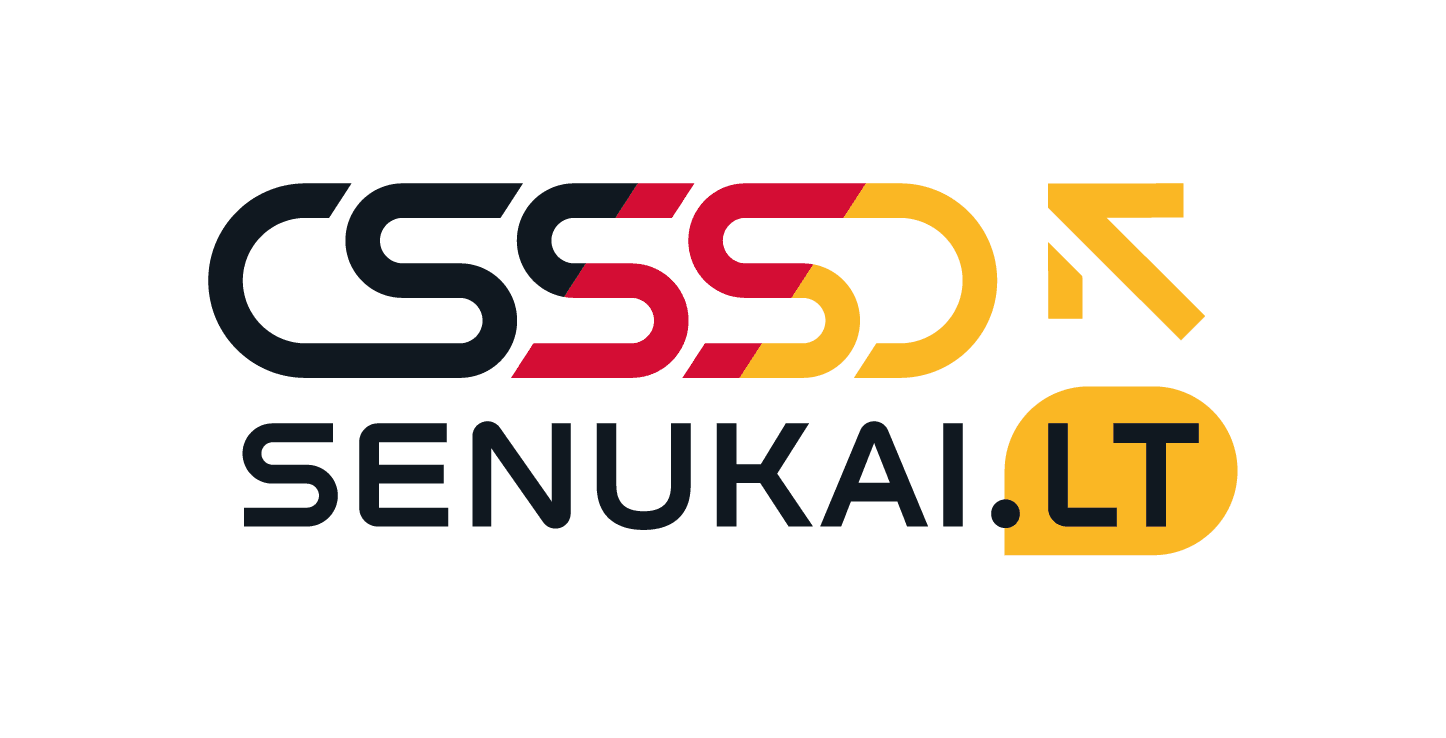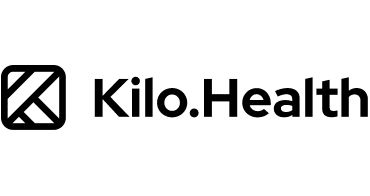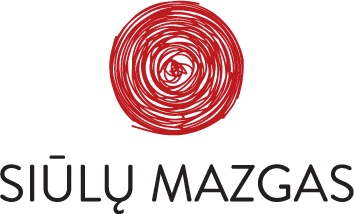In today’s digital age, it is crucial for businesses to have a strong online presence to thrive and generate leads. Mastering online marketing involves using various strategies and performance reviews to improve the visibility and reputation of a website. This article delves into comprehensive strategies, including search engine optimization, email marketing, social media promotions, and more. Furthermore, it discusses performance reviews to help you analyze the impact and effectiveness of your online marketing efforts.
Table of Contents:
- Understanding Online Marketing
- Effective Strategies for Online Marketing
- Performance Reviews and Metrics
- Creative Production
- Key Takeaways and Best Practices
- FAQs
Understanding Online Marketing
Online marketing, also known as digital marketing or internet marketing, is the process of promoting your products or services through various online channels. The main goal is to increase your brand’s digital presence, drive traffic to your website, and ultimately generate leads and sales. A well-rounded online marketing campaign includes a combination of different tactics, such as:
- Search engine optimization (SEO)
- Email marketing
- Social media marketing
- Content marketing
- Pay-per-click (PPC) advertising
Effective Strategies for Online Marketing
Search Engine Optimization (SEO)
SEO is a vital strategy that helps improve your website’s visibility and ranking on search engine results pages (SERPs). It involves optimizing your website’s content, structure, and metadata to make it attractive to search engines like Google or Bing. An effective SEO strategy can help you attract organic (non-paid) traffic, which is essential for long-term success. Some essential SEO techniques include:
- Conducting keyword research
- Optimizing meta tags and title tags
- Writing high-quality, relevant content
- Improving website speed and mobile-friendliness
- Using internal and external links
Email Marketing
Email marketing is an excellent channel for nurturing relationships with your potential and existing customers. It is a proven method for driving conversions, retaining customers, and promoting exclusive discounts or offers. A compelling email marketing strategy should include:
- Segmenting your email list
- Personalizing your email content
- Using eye-catching subject lines
- Testing and analyzing email campaigns
Social Media Marketing
Social media platforms, like Facebook, Instagram, Twitter, and LinkedIn, allow businesses to directly engage with their target audience, create brand awareness, and share content that resonates with your audience. By utilizing a robust social media strategy, you can benefit from:
- Improved brand recognition and loyalty
- Better customer service
- Higher website traffic
Increased customer engagement
To effectively manage your social media presence, consider the following:
- Defining your target audience and creating buyer personas
- Developing a content calendar
- Sharing a mix of promotional and informational content
- Monitoring your social media metrics
- Responding promptly to comments and messages
Content Marketing
Content marketing focuses on creating and distributing valuable, relevant, and consistent content to attract, engage, and convert your target audience. High-quality content can improve your website’s SEO, establish credibility and trust for your brand, and educate customers on your products or services. Key content marketing strategies include:
- Blogging and article writing
- Video marketing
- Infographics
- Podcasts
- Whitepapers and e-books
Pay-Per-Click (PPC) Advertising
PPC advertising enables you to place your ads on search engine results pages (SERPs) or other websites and pay a fee each time someone clicks on your ad. Google Ads is the most popular PPC platform, followed by Facebook Ads, Bing Ads, and others. A successful PPC campaign involves:
- Setting clear goals
- Conducting keyword research
- Creating compelling ad copy
- Optimizing your landing page
- Monitoring and adjusting your campaign
Performance Reviews and Metrics
Measuring and analyzing your online marketing performance is crucial for identifying areas for improvement, optimizing campaigns, and making data-driven decisions. Several metrics can help you gauge the success of your marketing efforts, including:
- Website traffic
- Bounce rate
- Conversion rate
- Click-through rate (CTR) for ads and emails
- Return on investment (ROI)
- Social media engagement
It’s essential to track these metrics using tools, like Google Analytics or social media analytics platforms, to ensure data accuracy and make timely adjustments to your campaigns.
Creative Production
Creative production is a critical aspect of online marketing that deals with designing eye-catching visuals and compelling copy to enhance your brand’s image and message delivery. Understanding the importance of design and content quality can make your marketing efforts more effective and engaging. To ensure successful creative production:
- Develop a consistent brand identity, including logo, color palette, fonts, and imagery
- Produce high-quality visuals, such as graphics, photos, and videos
- Write persuasive, informative, and error-free copy
- Focus on storytelling to create an emotional connection
- Monitor audience feedback and engagement
Key Takeaways and Best Practices
Mastering online marketing takes time, effort, and continuous optimization. By implementing the strategies discussed inthis article, you can set up a holistic online marketing plan that drives results. Here are some key takeaways and best practices for online marketing success:
- Combine different strategies, like SEO, email marketing, social media, content marketing, and PPC advertising, to create a comprehensive and synergistic online marketing plan.
- Always focus on providing value to your target audience and build trust with high-quality content and design.
- Analyze and measure your marketing performance using relevant metrics to identify areas for improvement and optimization.
- Stay updated on the latest trends, tools, and best practices in online marketing to ensure your strategies remain relevant and effective.
- Test and experiment with various approaches to find the ones that work best for your business.
FAQs
Why is online marketing important?
Online marketing is essential for businesses of all sizes as it offers several benefits, such as increased visibility, better customer reach, cost-effective marketing solutions, measurable results, and higher engagement and conversions.
How can I improve my website’s SEO?
To improve your website’s SEO, focus on conducting thorough keyword research, optimizing meta tags and content, enhancing site speed and mobile-friendliness, and building high-quality backlinks through content marketing and outreach.
What are some ways to engage my audience on social media?
Some tactics for engaging your audience on social media include posting a mix of promotional and informational content, encouraging user-generated content, running contests and giveaways, and responding promptly to comments and messages.
How can I increase conversions with email marketing?
To boost conversions using email marketing, segment your email list, personalize email content, use compelling subject lines, conduct A/B testing, and track metrics like open rates, click-through rates, and conversion rates to optimize your campaigns.
What metrics should I track for online marketing success?
Some essential metrics to track for online marketing success include website traffic, bounce rate, conversion rate, click-through rate (CTR) for ads and emails, return on investment (ROI), and social media engagement.
In conclusion, mastering online marketing requires a thorough understanding of various strategies, dedication to optimizing your efforts, and the ability to analyze performance data. By implementing the tactics discussed in this article, you can stay ahead of the competition and maximize the results of your online marketing campaigns. Visit Defined Chase to learn more about our comprehensive digital marketing agency services and solutions that meet your specific business requirements.
















